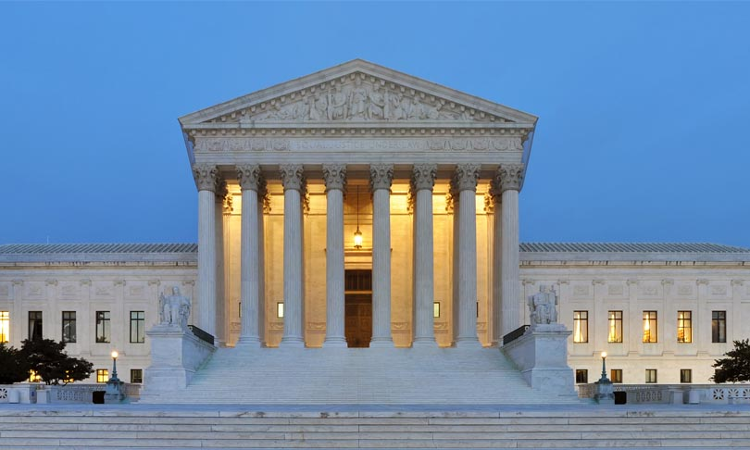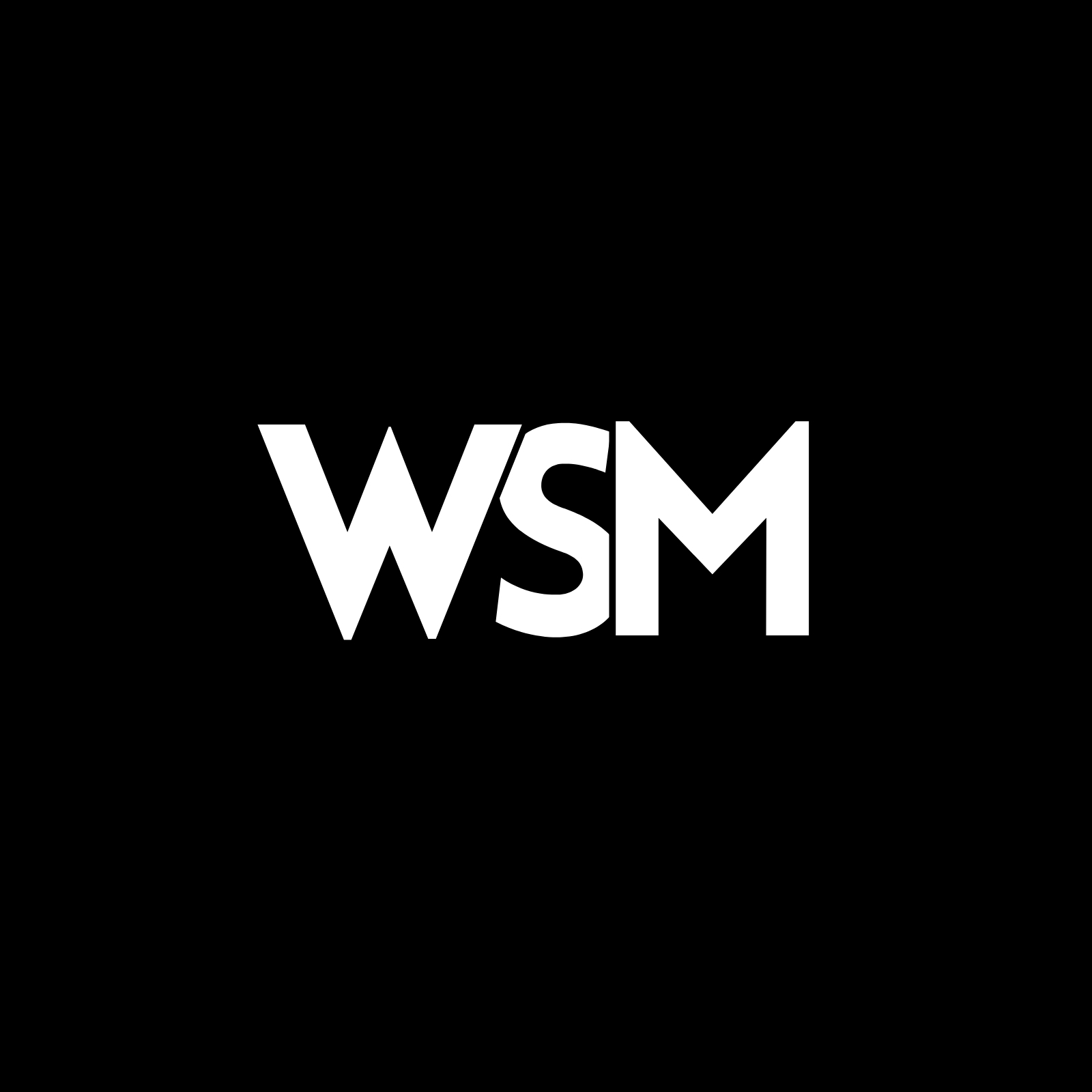The U.S. Supreme Court is on the brink of a pivotal decision that could see TikTok banned nationwide starting January 19 unless its Chinese parent company, ByteDance, divests its ownership. This move, rooted in concerns over national security and data privacy, has ignited debates about the intersection of technology, geopolitics, and the economic ecosystem of content creators.
The Biden administration and bipartisan lawmakers have championed the ban, citing fears that TikTok's vast user data could be accessed by the Chinese government. With over 150 million U.S. users, TikTok’s data collection practices—including location tracking and behavioral profiling—are seen as potential risks for espionage or foreign influence. Critics argue that such data could be weaponized to sway public opinion or undermine national security.
Supporters of the ban view it as a necessary step to safeguard U.S. interests in an era of intensifying geopolitical competition with China. They highlight the precedent set by similar bans on Huawei and ZTE, Chinese technology firms that faced restrictions over security concerns. For many, forcing ByteDance to divest represents a balanced compromise, allowing the platform to continue operating while reducing foreign control.
However, the looming ban has sparked outrage among TikTok content creators, who rely on the platform for their livelihoods. Entrepreneurs, influencers, and small business owners have turned TikTok into a critical tool for marketing, audience engagement, and revenue generation. For many, the potential loss of the platform threatens not just their businesses but also their connection to millions of followers.
"I built my entire brand on TikTok," says a fashion influencer with over two million followers. "If the platform disappears, it’s not just about income—it’s about losing a community I’ve spent years creating."
Legal experts have also raised concerns about the broader implications of the ban. Critics argue that banning a widely used platform could set a dangerous precedent for government intervention in the digital economy. They question whether such a move aligns with First Amendment principles, as TikTok serves as a medium for free expression and speech for millions of Americans.
At the heart of the debate lies a tension between national security and digital freedom. The Supreme Court’s readiness to uphold the ban signals a prioritization of security concerns, reflecting growing anxiety over foreign technology companies operating in sensitive sectors. However, this decision also exposes the complexities of regulating global tech giants in a world where data flows transcend borders.
As the January 19 deadline approaches, TikTok’s fate hangs in the balance. ByteDance has yet to announce whether it will divest its ownership, and the prospect of a nationwide ban looms large. The outcome will have significant ramifications not just for TikTok, but for the broader landscape of social media, U.S.-China relations, and the digital economy.
For now, the U.S. stands at a crossroads, navigating uncharted territory in the regulation of foreign-owned technology. Whether the Supreme Court’s stance represents a necessary safeguard or an overreach of governmental power will likely be debated for years to come. In the meantime, TikTok users and creators brace for the possibility of a future without the platform that has become a cornerstone of modern digital life.







